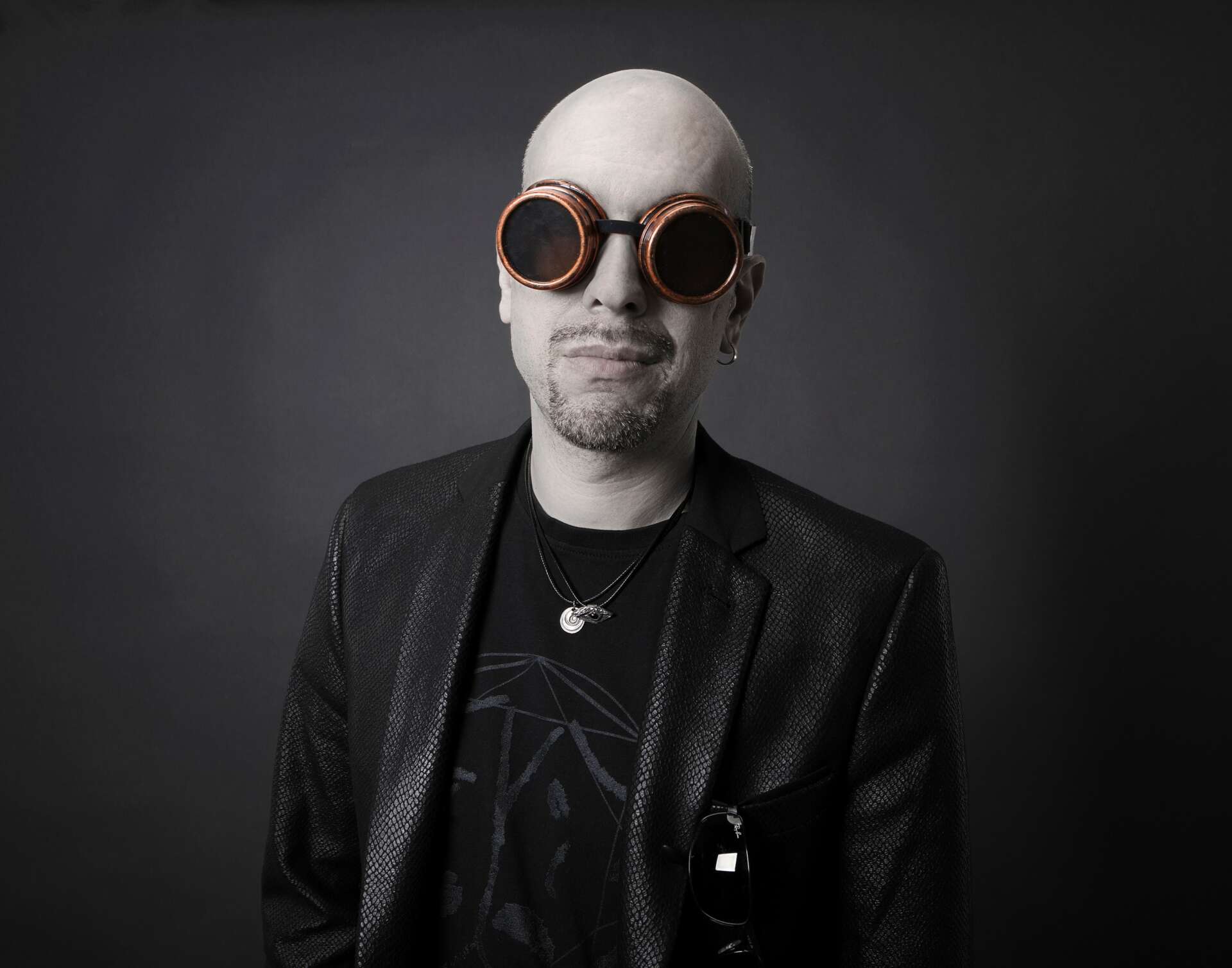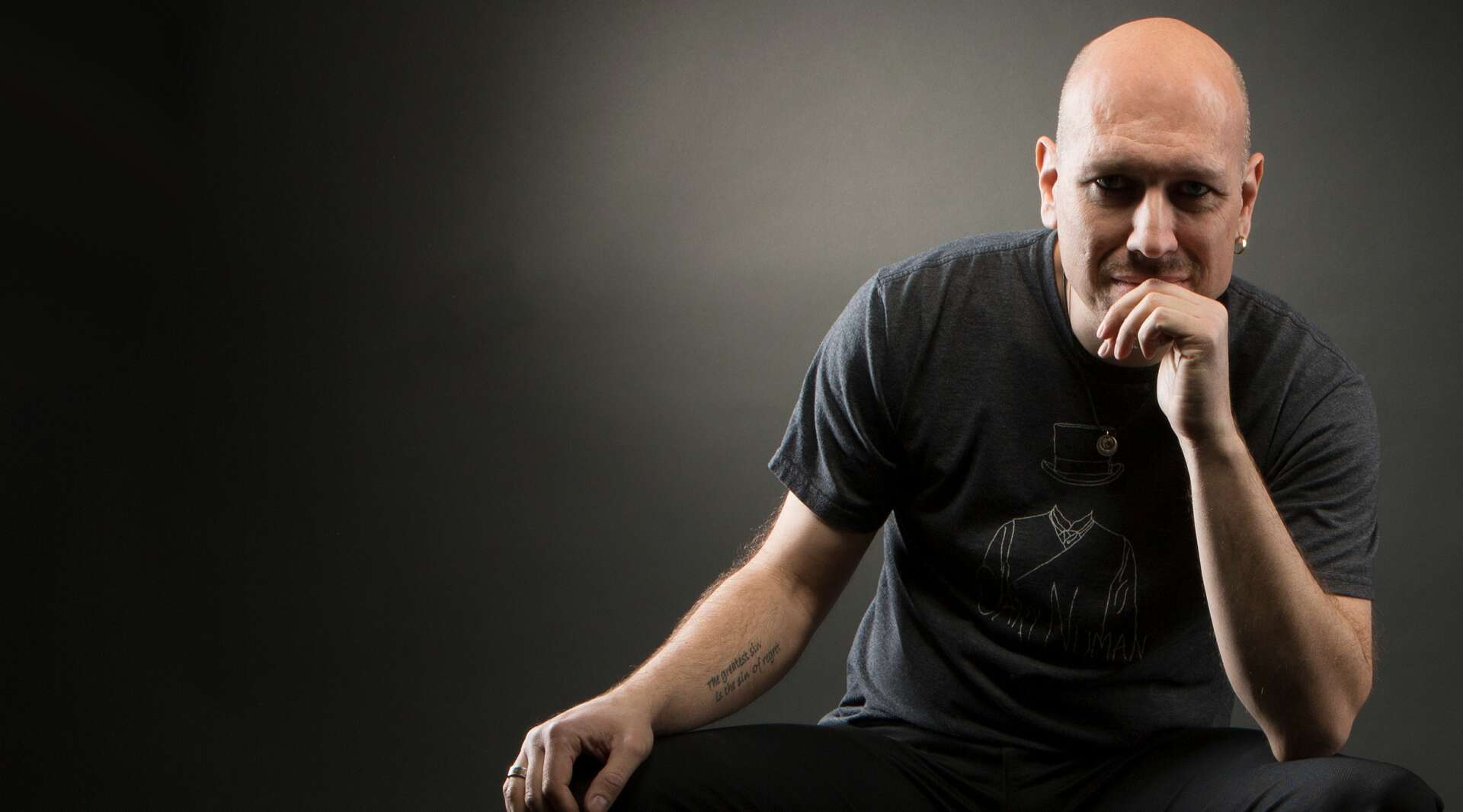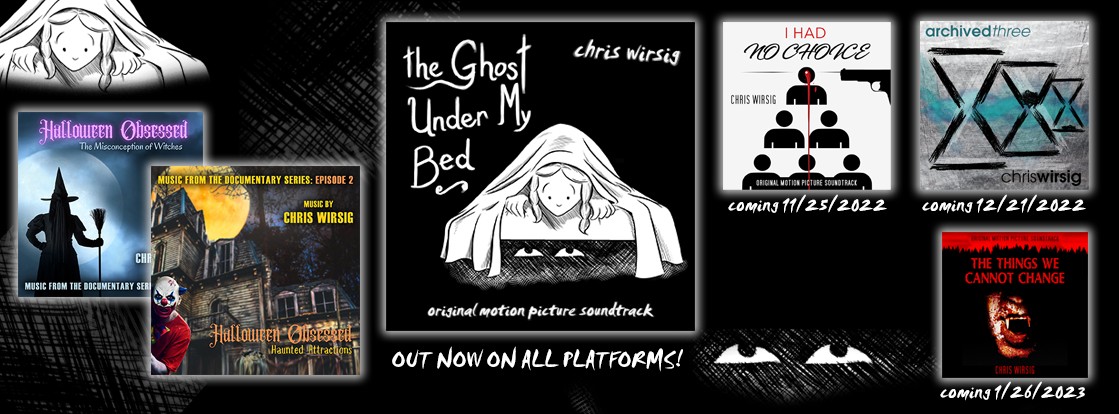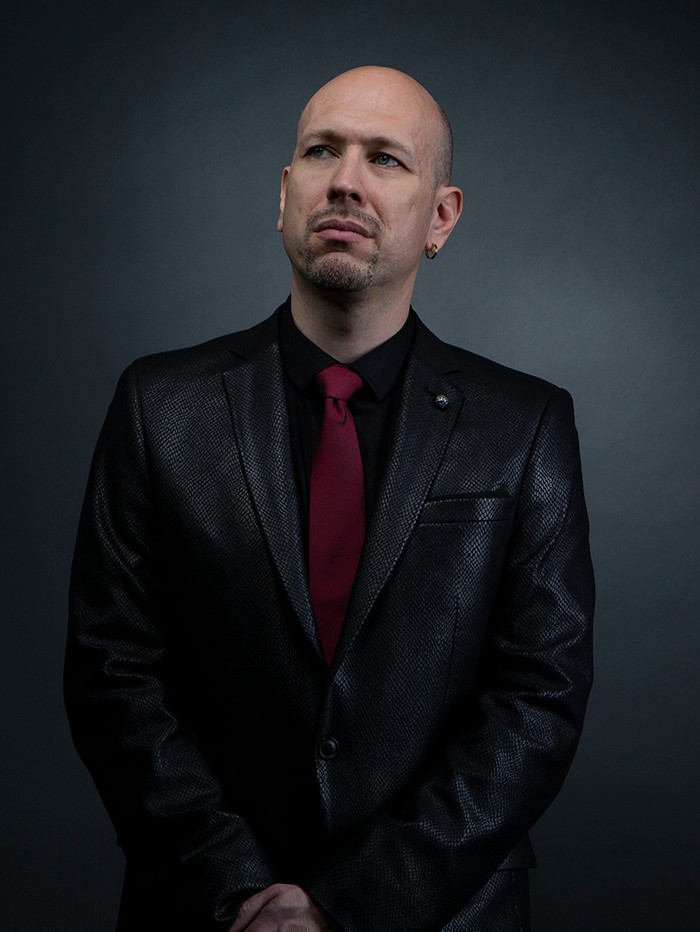Alright – so today we’ve got the honor of introducing you to Chris Wirsig. We think you’ll enjoy our conversation, we’ve shared it below.
Chris, looking forward to hearing all of your stories today. We’d love to hear about when you first realized that you wanted to pursue a creative path professionally.
When I started piano lessons at age 6, I soon became interested in creating my own music. I remember that I wrote a simple, dark piano piece for one of my favorite comic books. It mostly consisted of just a few notes, getting faster with the ensuing action, using mostly very deep notes on the piano that fascinated me with their dark, wooden, a bit atonal sound. Nothing special, but that probably was the first time I “composed” and I really liked that feeling.
Later I explored all sorts of music – from Pop to Rock, and then discovered artists like Tangerine Dream, Vangelis, Art Of Noise and the first film scores. I really soaked it all up like a sponge. At this point I was completely into music and felt an urge to create my own instrumental pieces, starting out on an Amiga 500 home computer.

Chris, before we move on to more of these sorts of questions, can you take some time to bring our readers up to speed on you and what you do?
I’m a composer, songwriter and producer, writing instrumental music for film and TV, but also writing and producing songs with and for artists. I started out with piano and saxophone lessons, later studied audio engineering, and music has been in my life since I was a kid.
I tend to do more darker music, or at least a little dramatic, tense or melancholy, but recently I also branched out to other styles, and even wrote the music for an animated LGBTQ+ comedy. Generally I always try to combine different ideas, styles, cultures and genres in my work. Not in the form of cultural appropriation, but with a playful curiosity and thirst for knowledge. I enjoy it immensely when an unusual instrument or musical phrase fits nicely into a piece of a genre in which that instrument or phrase wouldn’t normally be at home. In that vein I even combined modern beats and a Hard Rock guitar riff with tuba and accordion in a recent band collaboration.

For you, what’s the most rewarding aspect of being a creative?
I think most rewawrding for me personally are musical achievements. When I have to adapt and learn new things, or when I’m forced to branch out into other styles and broaden my own writing style. Also learning to work with new instruments that I haven’t used in my music before. This ever ongoing learning process is what keeps it interesting and what makes it fun. Staying curious is probably the most important thing for composers and songwriters, and I hope to stay curious for a long time.

Do you think there is something that non-creatives might struggle to understand about your journey as a creative? Maybe you can shed some light?
I think that many people only see the official output of artists, but usually don’t know about what’s going on behind the scenes, and how long it can take to hone cour craft. Years and years of learning, practicing, and constantly trying come before any public appearances. And the best artists never stop learing.
This education and constant practice takes time and often enough money. I’m always glad when people appreciate that investment and support artists by streaming the music from legal sites, going to theaters and concerts, and maybe even buying a CD or vinyl release.

Contact Info:
- Website: www.chriswirsig.com
- Instagram: https://www.instagram.com/chriswirsig/
- Facebook: https://www.facebook.com/ChrisWirsigMusic
- Twitter: https://twitter.com/nocarriermusic
- Youtube: https://www.youtube.com/@chriswirsig
- Other: https://ffm.to/chriswirsig


